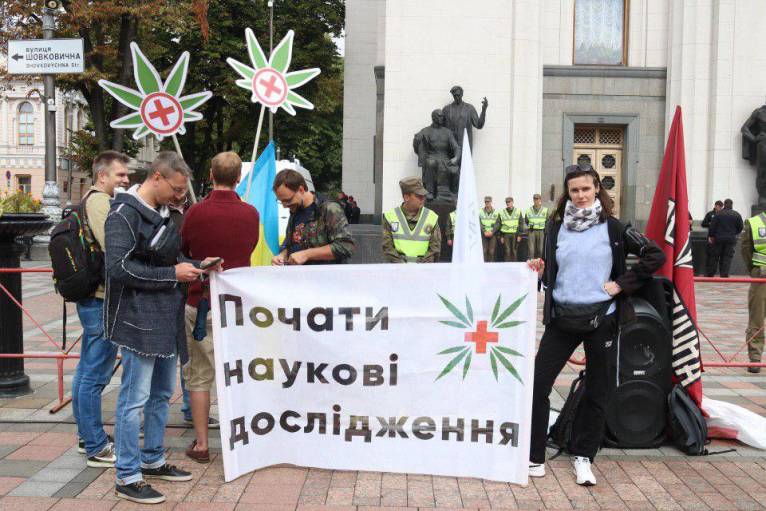Since president-elect Luiz Lula da Silva’s campaign started gathering momentum, civil society organisations have demanded he prioritise the review of current drug policies as soon as he takes the presidential office. Back in September, activists from the Black Initiative For Drug Policy handed Lula a manifesto that called for the end of drug wars that contribute to mass incarcerations and violent massacres in Brazil. Other strong voices have now joined the chorus and added weight to the demand for changes. On November 5, a group composed of ministers, lawyers, judges, and a physician published an open letter in Brazil’s biggest newspaper, Folha de São Paulo, detailing the political failures of having a drug policy aligned with the criminal justice system, a choice that contributed to elevating Brazil to an infamous podium: we are now the country with the third largest prison population in the globe.
The latest data shows that almost 3 in 10 Brazilian prisoners are deprived of their freedom due to drug-related offences. The number of prisoners has ironically grown since 2006, when Lula signed a drug law that should have created a legal distinction between people who use drugs from people who sell drugs. Specific criteria, such as the thresholds that are allowed for possession, were not defined in the law, leaving it up to police officers’ and judges’ discretion to distinguish between a “small” and “large” amount, influencing whether an individual’s case was for drug possession, or drug trafficking. Since the law was enacted, we saw the number of people incarcerated for trafficking grow over three-fold—from 11% of total arrests in 2006, the year of the law’s enactment, to 25% in 2015, 10 years after its implementation. Women face an even more dire situation, with around 60% of female prisoners arrested for drug trafficking. It is the country with the third largest number of female prisoners in the world, after the United States and China.
The open letter brings together the voices of Ministers of the Superior Court of Justice, prominent lawyers, judges, and Drauzio Varella, the physician who worked at the infamous Carandiru Penitentiary (considered one of the worst prisons in the world), welcome and validating additions to the drug policy debate. One of the letter’s main claims is the harsh punishment imposed on the children of incarcerated women, the latter making up 74% of the female prison population. Many of these women are charged with drug trafficking when trying to take drugs into prisons for their husbands, sons, or partners.
As the authors put it, when the state incarcerates a mother for drug trafficking, both the woman and her children are punished, creating a “a regrettable future for both, also in the arms of criminal factions, thirsty for the soldiers who will perpetuate their enterprise.” This is another high point of the letter: the assertion that prisons, together with the current drug policy and social inequalities, enable organised criminal networks to thrive. Brazilian penitentiaries aggregate a disparate group of prisoners, from those connected to international criminal organisations, to those that committed the societal crime of having been born into poverty, caught at the wrong place and time with a small amount of drugs, either for themselves or to sell to make ends meet.
As the letter’s authors also recognise, the executive power does not have the ability to simply impose new legislation. We live in a democracy, no matter how much the current and soon-to-be past government has tried to change that. What Lula can do is to organise the parliamentary base to democratically work to design bills and policies that can stop the process of mass incarceration from being further fueled by the current drug policy and legislation. The new president-elect cannot forget the state’s debt to the families, individuals, and communities devastated by its racist drug wars. The change in policy and legislation must be guided by a strong principle: reparations.


